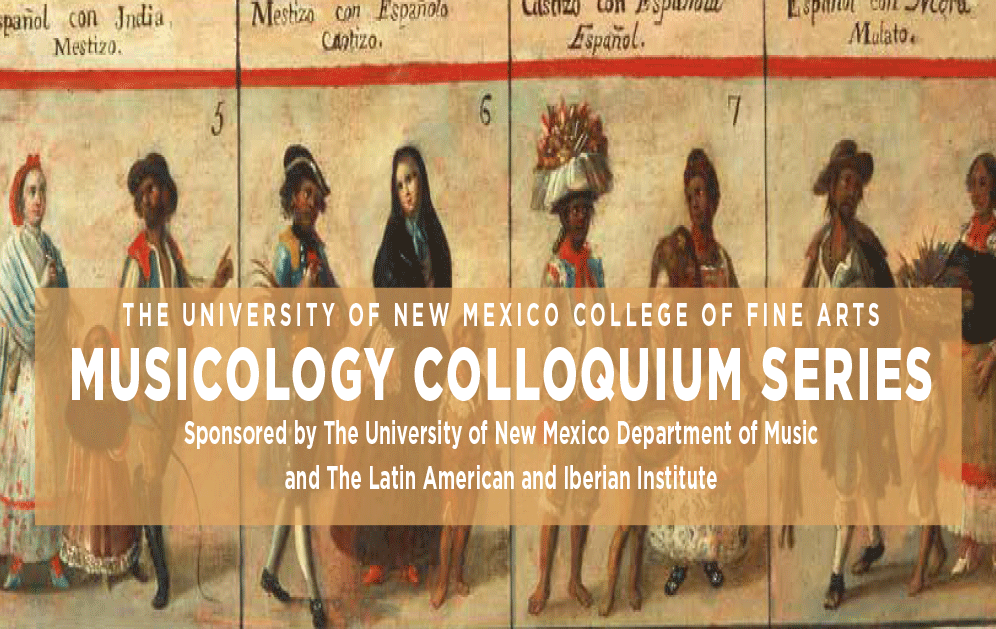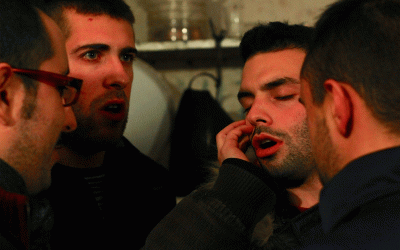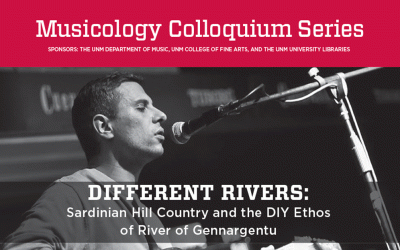Date of event: Thursday November 14, 2019
Time and Location: 2:00-3:30pm, LAII Conference Room
Description: In New Spain, an institutional structure of merit and promotion hinged on the idea of reason as an intrinsically European attribute. This attribute differentiated ‘Europeans’ from people of mixed race claiming European status based on their skin complexion. Given the affective impulses permeating ideas about reason in New Spain, this paper considers reason in light of musico-phenomenological strategies that racialized subjects used to re-write their bodies. Such process problematizes the philosophical purview of the Enlightenment’s civilizing mission, and the historical narrative of its political project.
Biography: The work of Professor Jesús Ramos-Kittrell analyzes the relationship of cultural phenomena to the socio-political structures that organize and co-produce them. Such processes interrogate power asymmetries affecting issues of social, political, and cultural representation. His published work covers the early modern period in the Americas and more current cultural analyses of globalization. Previously, Dr. Ramos-Kittrell has served as joint faculty of musicology, ethnomusicology and Latin American Studies, at Tulane University and Southern Methodist University. He is currently assistant professor in residence of musicology at the University of Connecticut.
Sponsors: The University of New Mexico Department of Music and The Latin American and Iberian Institute
Dr. Ana R. Alonso-Minutti Releases Book of Co-Edited Collection of Essays
A Book Presentation & Signing event for Dr. Alonso-Minutti co-edited collection of essays, Experimentalisms in Practice: Music Perspectives in Latin America, published by Oxford University Press earlier this year, at the UNM Bookstore.
Cuncordu Sas Bator Colonnas perform at Outpost
Sas Bator Colonnas is a multipart singing group from the Scano di Montiferro, a mountainous region in central Sardinia, Italy. Antioco Milia, Antonio Carboni, Stefano Desogos and Francesco Fodde started singing together in 2002, carrying on the vernacularmultipart singing practice, one of the most representative cultural forms of their village and their island, which is performed by four male singers and called cuncordu.
Different Rivers: Sardinian Hill Country and the DIY Ethos of River of Gennargentu
In the summer of 2014, the Bluesman “River of Gennargentu” released, on his SoundCloud page, three songs of hill country blues, sung in English and played with a technique like those of historical Delta blues artists, recorded in low-quality sound. Within a few months, the web page collected dozens of comments from users who were amazed by this new “discovery” and demanded the real artist’s origin, as-yet-not-specified.




